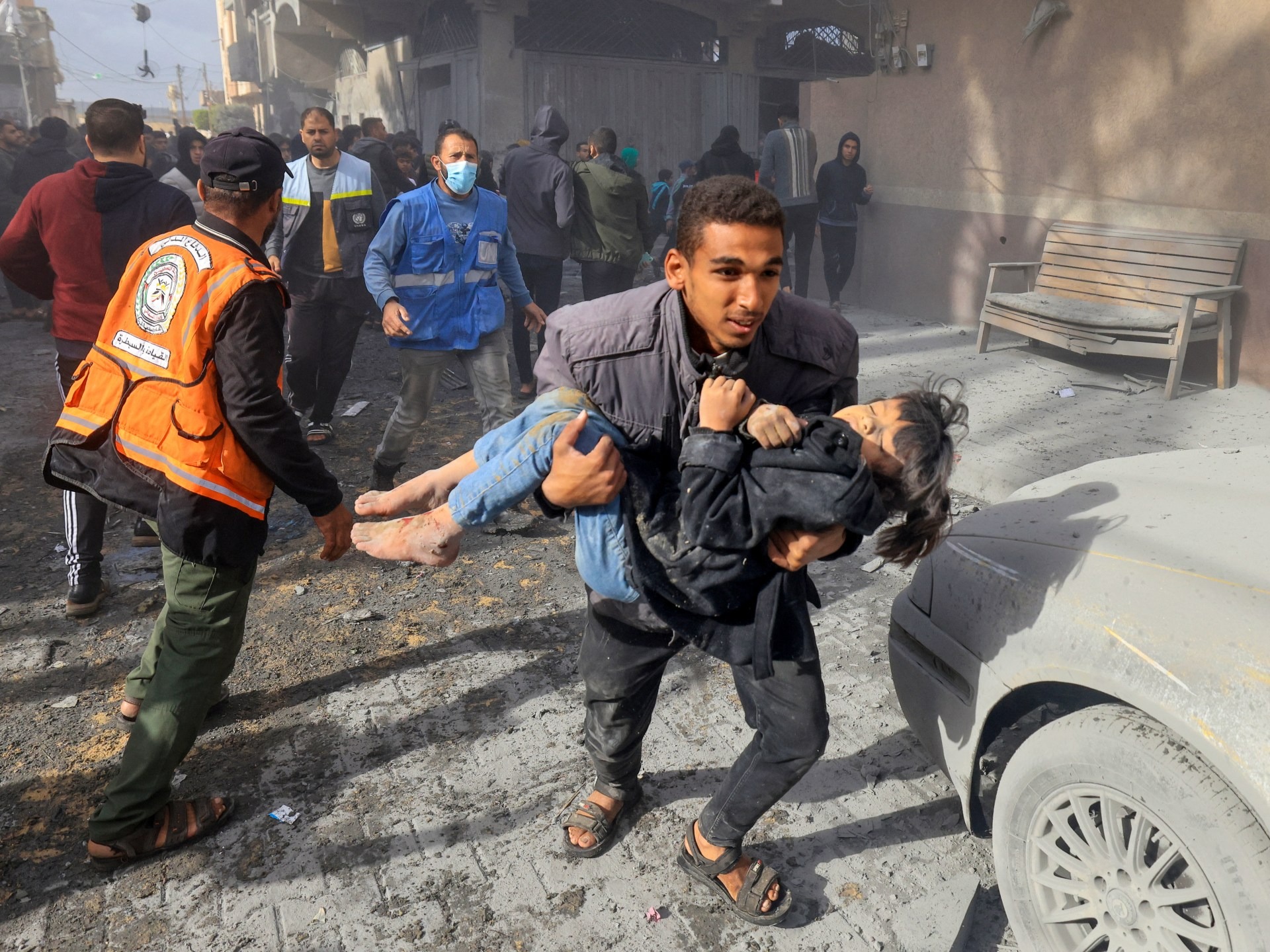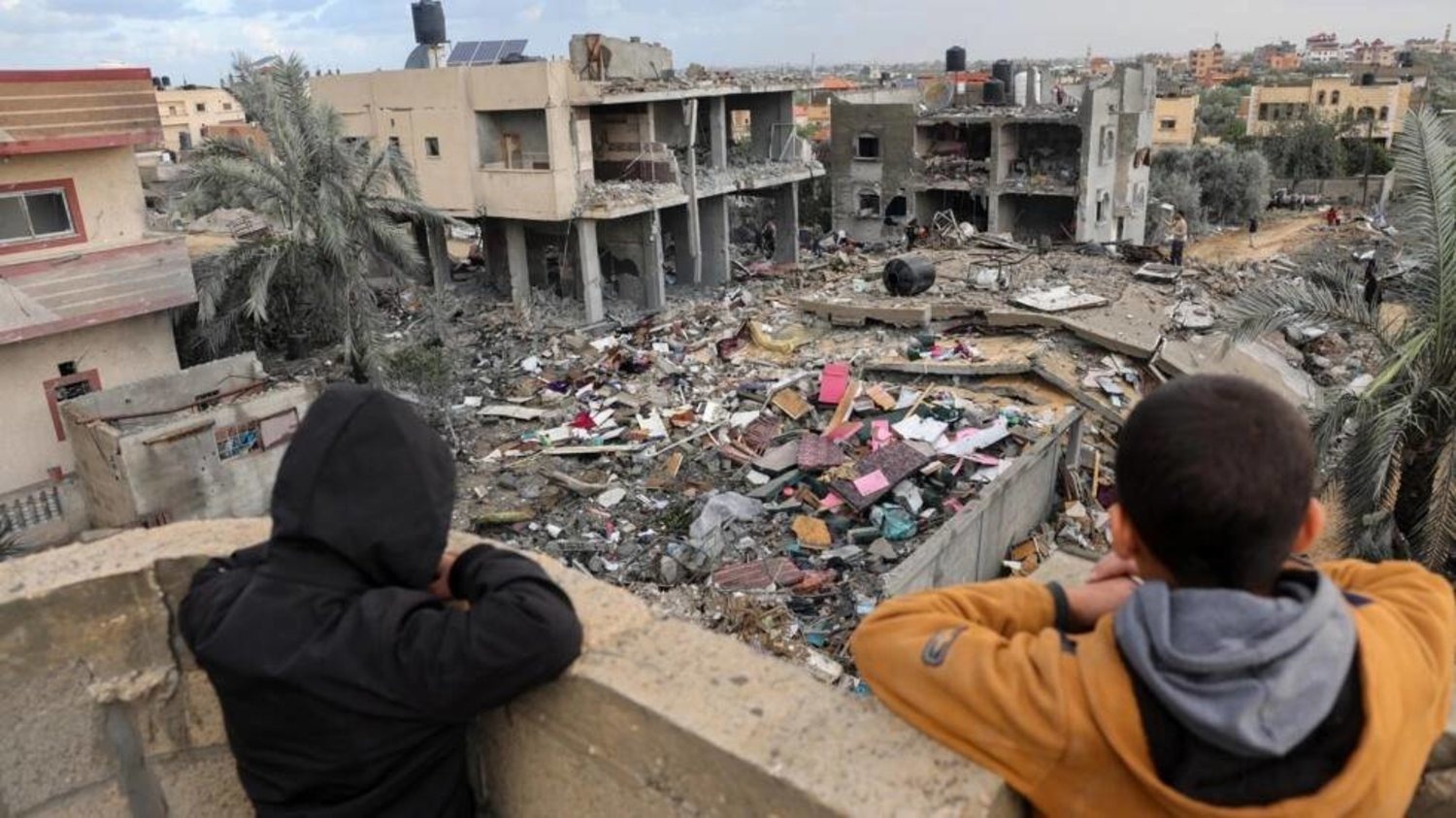As negotiations between Israel and Hamas reach a critical juncture, the Palestinian militant group is carefully deliberating its response to a proposed agreement brokered by Egypt and validated by Israel.
The agreement, described by U.S. Secretary of State Antony Blinken as “extremely generous,” aims to address key points of contention between the two parties and pave the way for a lasting ceasefire in the Gaza Strip.
According to sources familiar with the negotiations, Hamas is grappling with good points of disagreement that have yet to be resolved.

These include demands for a definitive end to fighting without conditions, the release of “heavy” Palestinian prisoners serving life sentences, and clarifications regarding the reconstruction of Gaza, particularly regarding materials that could be repurposed for military use.
The first point of contention revolves around the timing and conditions of negotiations for a permanent ceasefire. Hamas leader Yahya Sinwar is pushing for a revised clause that includes a written commitment to halt fighting without any preconditions, while Israel remains reluctant to make such a pledge.
This sticking point has the potential to derail the entire agreement, as Hamas insists on a clear and unconditional commitment to ceasefire before proceeding with further negotiations.
The release of Palestinian prisoners, particularly those serving life sentences, is another sticking point. Sinwar opposes Israel’s demand to prevent these prisoners from returning to the West Bank, insisting on their right to be resettled in their homeland.
This issue is deeply personal for many Palestinians, who view the release of prisoners as a necessary step towards reconciliation and justice.

Additionally, Hamas seeks clarity on the reconstruction of Gaza, particularly regarding the types of materials and equipment that will be allowed into the territory.
While the proposed agreement prohibits the entry of items that could be used for military purposes, such as materials for rebuilding Hamas tunnels, Sinwar demands clear guidelines to ensure that essential reconstruction efforts are not hindered.
This point of contention has huge implications for the future of Gaza, as the reconstruction efforts will have a direct impact on the daily lives of Palestinians living in the territory.
The negotiations between Israel and Hamas are at a delicate stage, with points of disagreement still to be resolved. The outcome of these negotiations will have far-reaching implications for the future of the Gaza Strip and the wider Middle East region.


